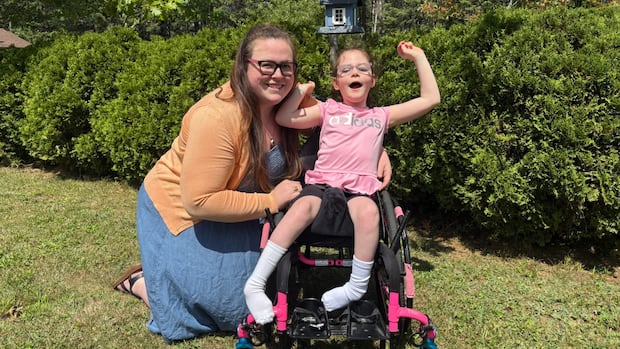Some experts say involuntary addiction treatment raises serious ethical concerns and could even increase the risk of overdose for some, as Ontario weighs whether it could mandate treatment for people in the criminal justice system.
Last week, the Ontario government announced that it plans to study how this can be done, how much it would cost, and what kind of help they would need from the federal government, among other factors.
But those working in the addictions and mental health field say there’s little to no concrete evidence suggesting involuntary addiction treatment is effective.
“That type of research really hasn’t been done,” said Sarah Dermody, a clinical psychologist and professor of psychology at Toronto Metropolitan University.
“So we’re in a position where people are advocating for involuntary treatment, we have some theoretical concerns and ethical concerns of that approach, and we don’t have empirical evidence to suggest that it would be helpful in the short or long term.”
In some cases, such as with people facing opioid addiction, it could even present risks of overdose if they return to using when their tolerance is lowered, Dermody said.
“If someone you know was using a certain dose and then returns to it several weeks later, that could be life-threatening for them.”
Data from Massachusetts, where there is a legal mandate for involuntary treatment for adults with substance use disorders, published in 2016 found the risk of fatal overdose was twice as likely after involuntary treatment compared to voluntary treatment, according to information compiled by the Canadian Mental Health Association (CMHA).
Another Massachusetts study from 2023 that looked at 22 patients after they completed involuntary treatment found they all relapsed within a year.
Those studies suggest this type of approach can be “more like sort of holding someone than actually helping and treating someone,” said Dr. Leslie Buckley, chief of addictions for the Centre for Addiction and Mental Health (CAMH).
“It was supposed to be a diversion, but it looked a lot more like the regular criminal justice service system and there wasn’t necessarily a helpful treatment component to that,” she said.
“So I think that that the most important critical piece here is that it is a health-focused intervention and that we’re thinking about how we can prevent somebody from getting involved in the criminal justice system earlier.”
Chris Cull, a substance use disorder advocate who was once addicted to opioids for nearly a decade, says the government shouldn’t even be discussing involuntary treatment until it addresses the need for treatment options for people who do want it.
“We don’t even have enough voluntary treatment beds to be able to be manage what we have in society, as it is, for people who want it,” he said.
Ethical concerns
An expert on bioethics says forcing people to undergo addictions treatment also goes against a core tenant of the Canada Health Act, which says consent is required for virtually any medical treatment.
“Each and every one of us Canadians has the right to consent or decline treatment of any kind,” said Kerry Bowman, who teaches bioethics and global health at the University of Toronto.
“The fact that people are facing criminal charges does not necessarily change this. Yes, they’ve lost some of their rights, but that doesn’t necessarily mean they’ve lost their right to consent for treatment.”
From an ethics standpoint, Bowman said there would need to be evidence showing that the benefits of involuntary treatment outweigh the potential harm to individuals.
“To take away someone’s fundamental rights to make decisions about treatment, which is the integrity of the of their own body and their own freedom, in the absence of compelling evidence is really going very far,” he said.
In a statement, a spokesperson from the Ministry of Health said the province is “collaborating with a number of key community stakeholders and partners to ensure a coordinated approach for justice-involved individuals.”
The government’s announcement was one of many measures connected to a large justice bill set to be tabled last Thursday.
The move toward involuntary addiction treatment for people in corrections isn’t inside the legislation itself, but officials say they intend to present a plan to the cabinet by fall.







